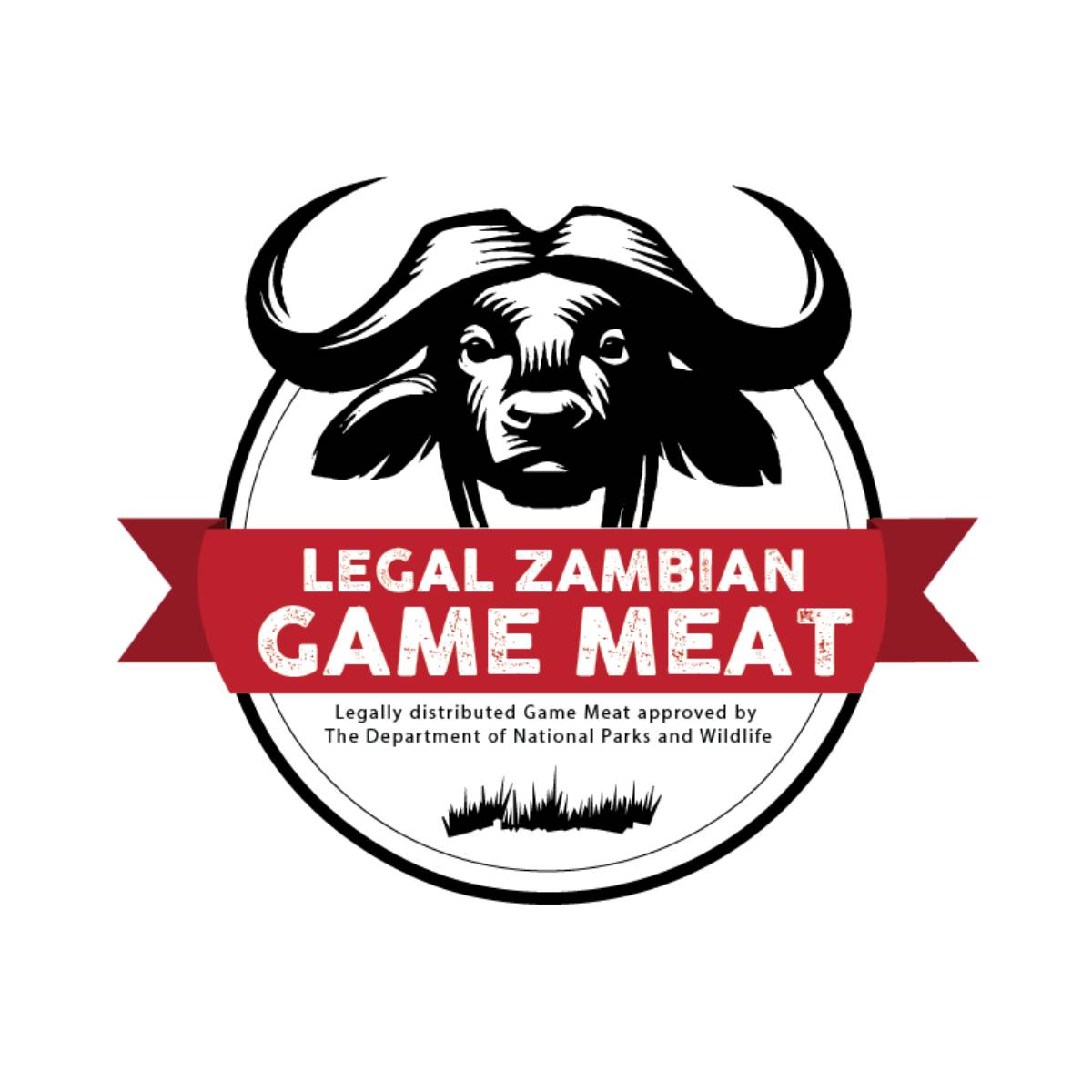WCP Zambia
This is Not A Game Campaign
Wildlife Crime Prevention (WCP), in collaboration with the Department of National Parks and Wildlife (DNPW), has launched Zambia’s first-ever behaviour-change campaign targeting the illegal bushmeat trade.
Wildlife Crime Prevention (WCP), in collaboration with the Department of National Parks and Wildlife (DNPW), has launched Zambia’s first-ever behaviour-change campaign targeting the illegal bushmeat trade. This comprehensive initiative is designed to shift public attitudes and consumer behaviours towards bushmeat consumption, which is one of the most significant drivers of wildlife crime in the region. With an emphasis on sustainability and ethical wildlife management, the campaign seeks to create lasting changes in consumer habits while supporting broader wildlife conservation goals in Zambia.
The campaign leverages a multi-faceted approach, utilising a wide range of media channels to reach and engage with diverse audiences across the country. Social media platforms, television, radio, and billboards are key elements of the campaign’s strategy, ensuring broad visibility across both urban and rural populations.
In addition, the campaign integrates key influencers and edutainment storylines in popular TV programs to capture the attention of the general public, making the message more relatable and impactful. By utilising these widely accessible platforms, the campaign is designed to influence public opinion and behaviour at multiple levels.
Central to the campaign’s success is the application of behavioural science principles. The initiative is built upon an evidence-based baseline study, which provides critical insights into the underlying factors that drive illegal bushmeat consumption. This research identifies urban consumers as the largest market segment for illegal bushmeat, making them a primary target for the campaign. By focusing efforts on urban centres where demand for bushmeat is high, the campaign aims to directly influence the largest consumer group and, by extension, the largest drivers of this illegal trade.
In addition to changing consumer attitudes, the campaign also works to promote legal and sustainable alternatives to illegal bushmeat. A key partner in this aspect is the Wildlife Producers Association of Zambia (WPAZ), a collective of legal game meat producers. The campaign encourages consumers to choose legally sourced game meat, positioning it as a sustainable, ethical, and responsible alternative to bushmeat. By highlighting the benefits of consuming legal game meat, such as its positive impact on local economies, wildlife conservation, and food security, the campaign provides a compelling case for consumers to make the switch.
The campaign not only seeks to inform the public about the ecological and ethical issues surrounding illegal bushmeat but also aims to educate them on the broader implications of the trade. Illegal bushmeat hunting and trading contribute to the depletion of Zambia’s wildlife, endangering species like elephants, pangolins, and antelopes. Moreover, it undermines the country’s efforts to protect its natural resources and maintain biodiversity. By shifting public perceptions and behaviours, the campaign hopes to curb demand for illegal bushmeat, thus contributing to the long-term conservation of Zambia’s rich wildlife heritage.
Through this collaborative and multifaceted approach, WCP and DNPW are driving a campaign that not only addresses the immediate issue of illegal bushmeat trade but also fosters a cultural shift towards more responsible consumption patterns. By combining education, advocacy, and strategic partnerships, this campaign seeks to make a lasting impact on the way Zambians perceive and consume bushmeat, supporting the country’s broader conservation and sustainable development goals.

